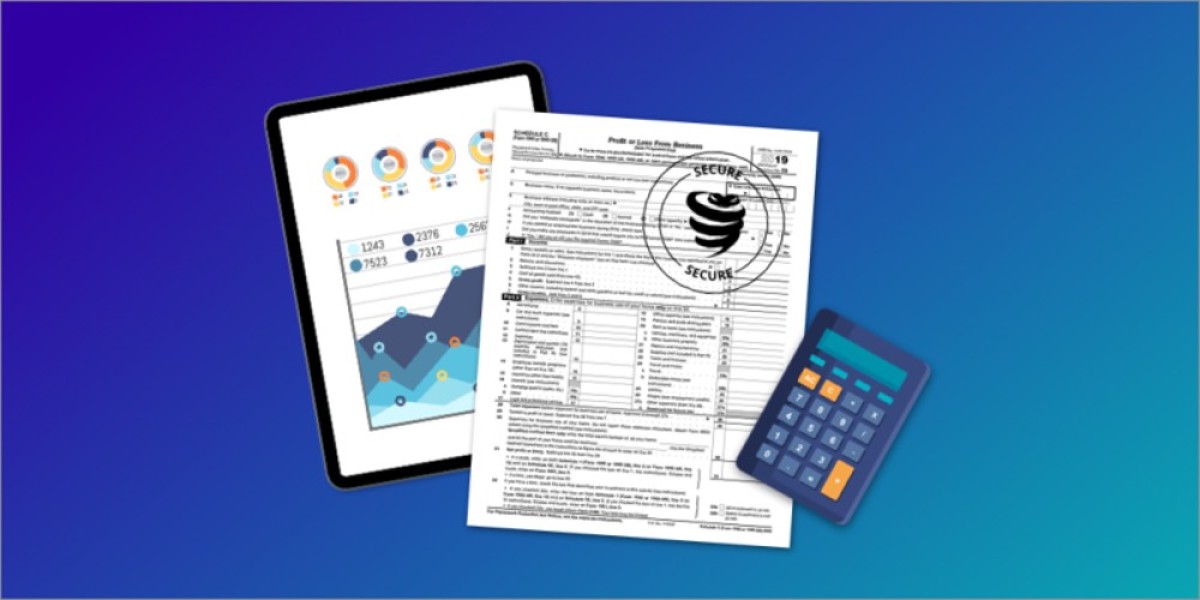Investing in mutual funds is one of the most effective ways to grow wealth, but the journey is only as smooth as the guidance you receive. Choosing the wrong mutual fund broker can lead to poor fund selection, hidden costs, and missed opportunities. Whether you’re a beginner or an experienced investor, avoiding common mistakes is essential to maximize returns and minimize risks.
In this blog, we’ll explore the top seven mistakes investors make when selecting a mutual fund broker and provide actionable tips to make informed decisions.
1. Focusing Only on Past Performance
Many investors choose a broker based on their track record or the high returns of funds they manage. While past performance is informative, it is not a guarantee of future success.
A mutual fund broker should be evaluated based on:
Expertise in analyzing market trends
Ability to diversify portfolios effectively
Strategy alignment with your goals
Risk management approach
Relying solely on past performance can lead to unrealistic expectations and disappointment. Instead, focus on a broker’s methodology and decision-making process.
2. Ignoring Fee Transparency
Brokers may earn through commissions, advisory fees, or a combination. Failing to understand how your mutual fund broker is compensated can result in conflicts of interest and higher costs.
Common fee-related mistakes include:
Overlooking advisory or trail fees
Ignoring hidden charges like exit loads or transaction costs
Choosing high-commission funds without considering suitability
Always ask your broker for a detailed breakdown of all fees. Transparency ensures that you know exactly what you’re paying for and prevents surprises later.
3. Neglecting Risk Assessment
Every investor has a unique risk tolerance. Some investors mistakenly choose brokers who push high-risk funds without considering their comfort level or financial goals.
A competent mutual fund broker will:
Assess your risk appetite
Recommend a diversified portfolio
Adjust allocations to balance risk and returns
Ignoring this step can lead to stress during market volatility and, in some cases, panic selling — which can harm long-term returns.
4. Overlooking Communication and Support
Investing isn’t a one-time activity; it requires ongoing monitoring and adjustments. Many investors choose brokers without considering how they communicate updates and support clients.
Questions to ask your mutual fund broker include:
How often will I receive portfolio updates?
Are you available for questions or consultations?
Will you explain market trends and fund performance in simple terms?
A broker who provides regular updates and proactive guidance ensures you stay informed and confident about your investments.
5. Falling for One-Size-Fits-All Recommendations
Some brokers promote the same funds or strategies to all clients. This cookie-cutter approach often overlooks individual goals, financial situations, and timelines.
Your mutual fund broker should:
Customize recommendations based on your goals
Suggest a mix of equity, debt, and hybrid funds
Review and rebalance your portfolio periodically
Tailored advice ensures your portfolio aligns with your objectives and risk profile.
6. Ignoring Tax Implications
Taxes are a hidden cost that can significantly affect your net returns. Many investors fail to discuss tax planning with their broker, missing opportunities to save.
A professional mutual fund broker will:
Recommend tax-saving funds like ELSS where applicable
Advise on the timing of redemptions to minimize capital gains tax
Guide you on strategies to optimize post-tax returns
Ignoring tax efficiency can reduce the overall effectiveness of your investment strategy.
7. Choosing a Broker Based on Price Alone
While cost is an important factor, selecting a broker solely because of lower fees can backfire. Extremely low-cost brokers may lack experience, research capabilities, or personalized guidance.
A competent mutual fund broker justifies their fees by:
Providing expert insights and research
Offering personalized investment strategies
Ensuring disciplined long-term portfolio management
Investing in professional guidance can save money in the long run by optimizing returns and minimizing costly mistakes.
How to Choose the Right Mutual Fund Broker
To avoid the mistakes above, follow these steps when selecting a broker:
Verify Credentials: Ensure they are licensed and registered with regulatory authorities.
Understand Fee Structures: Ask for a full disclosure of advisory fees, commissions, and any other charges.
Assess Expertise: Look for experience in fund selection, diversification, and risk management.
Check Communication Practices: Choose a broker who provides regular updates and is available for queries.
Prioritize Tailored Advice: Ensure recommendations are customized for your goals, risk tolerance, and time horizon.
Discuss Tax Planning: Opt for brokers who consider tax efficiency in portfolio strategies.
Seek Reviews and References: Feedback from other investors can provide insight into reliability and performance.
Benefits of Avoiding These Mistakes
When you choose the right mutual fund broker and avoid common errors:
Your investments are aligned with long-term goals
Hidden costs are minimized
Risk is managed effectively
You receive regular updates and professional guidance
Emotional decisions are reduced, helping you stay disciplined
Ultimately, careful selection leads to a more confident and successful investment journey.
Final Thoughts
Choosing a mutual fund broker is a critical decision that can impact your financial future. By avoiding common mistakes like ignoring fees, neglecting risk assessment, or relying on one-size-fits-all strategies, you increase your chances of achieving long-term financial success.
Professional guidance ensures that your investments are well-researched, tax-efficient, and aligned with your unique goals. A skilled broker adds value beyond what DIY investing can often provide, giving you both confidence and a strategic advantage.
FAQs
Q1. What is the most common mistake investors make with brokers?
Relying solely on past performance and ignoring fees, risk assessment, and personalized advice is a common mistake.
Q2. How can I ensure my broker’s advice is unbiased?
Ask about their compensation structure, request transparency, and evaluate whether recommendations align with your goals rather than high commissions.
Q3. Should I consider tax implications when choosing a broker?
Yes. A professional broker considers tax efficiency in fund selection, redemptions, and portfolio adjustments.
Q4. How important is communication with a broker?
Very important. Regular updates and guidance help you make informed decisions and stay disciplined during market volatility.
Q5. Can avoiding these mistakes improve long-term returns?
Yes. Choosing the right broker and avoiding common errors ensures optimized returns, risk management, and alignment with your financial goals.



